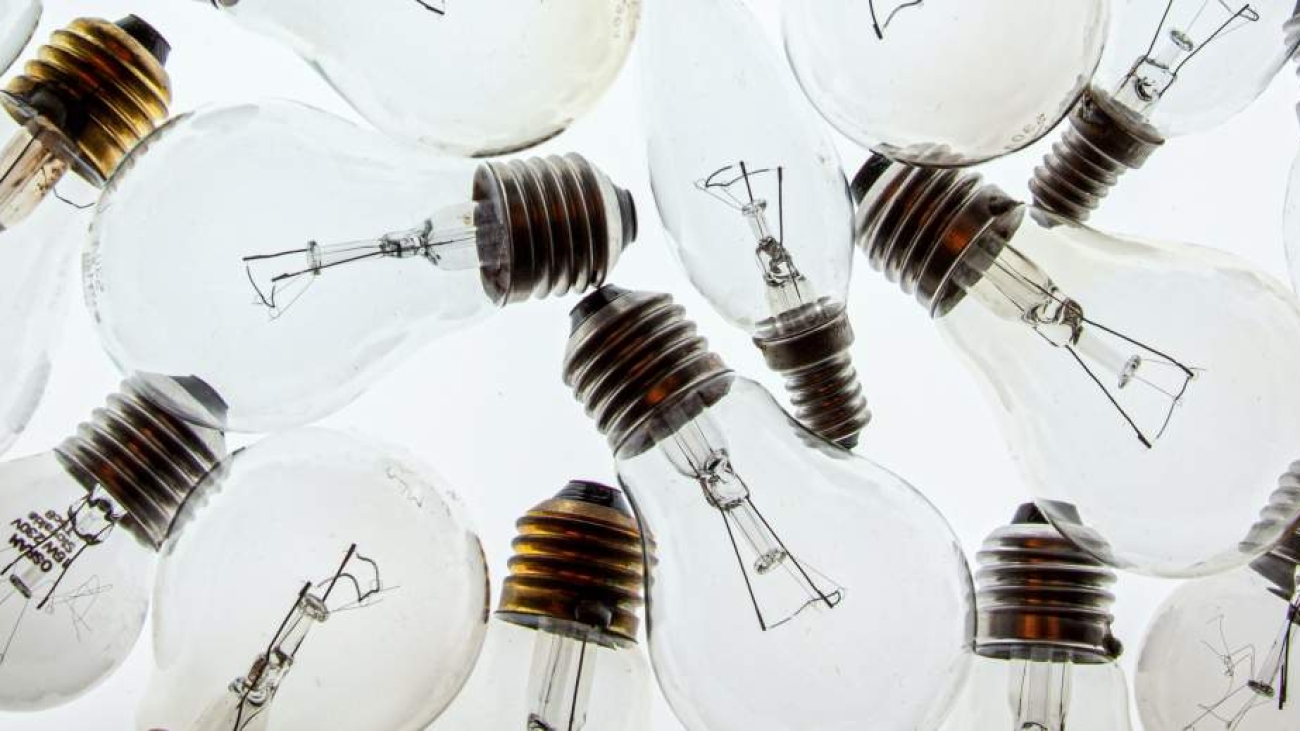The Epworth Sleepiness Scale is a self-administered diagnostic questionnaire designed to assess how likely you are to fall asleep in various common situations.
Meteoropathy: Snow and Your Mood
Meteoropathy and mood. Many of us know about the winter blues or Seasonal Affective Disorder (SAD). The causes of SAD are reduced exposure to sunlight.
The Power of the Subconscious
Hypnotherapy can help your creativity and harness your subconscious. Do something else and Eureka! Your subconscious worked on a problem and gave you the answer
Thomas Edison, Creativity and Sleep
Thomas Edison was an American inventor and businessman. With 1,093 US patents, as well as others globally, he is regarded as the most prolific inventor.
Memory: Understanding How it Works
Memory is a key part of the human experience. This ability underpins our ability to learn skills, language and communication as well as reasoning and logic.
Festival of Sleep: Sleep’s Important
Have you had a restful festive period? Many of us will not have done so despite it being a holiday period. But fear not, 3 January is the Festival of Sleep Day.
Is there a yawning gap in your life? Sleeplessness / Insomnia
Sleep plays an important role in memory, learning and other physiologic processes. So prolonged sleeplessness can be a serious problem.








